Is it safe to do laser hair removal during pregnancy and breastfeeding?
Contents
Laser hair removal during pregnancy raises conflicting opinions among specialists, and many salons refuse to perform the procedure. During pregnancy, a woman’s body undergoes significant hormonal changes, which can affect skin sensitivity and the effectiveness of the procedure. Additionally, skin care during pregnancy requires special attention to avoid irritation and unwanted reactions.
It is important to understand the contraindications of laser hair removal during pregnancy and how the procedure may affect the health of the woman and her unborn child. In this article, we will discuss the safety of laser hair removal during pregnancy and breastfeeding.
Is pregnancy a contraindication for laser hair removal?
 Just like other cosmetic procedures, the contraindications for laser hair removal can be absolute or relative. Absolute contraindications mean the method must not be used under any circumstances. Relative contraindications imply that the risks of harm are minimal and depend on the situation. When planning certain procedures, relative contraindications may be overlooked if the positive outcomes outweigh the risks.
Just like other cosmetic procedures, the contraindications for laser hair removal can be absolute or relative. Absolute contraindications mean the method must not be used under any circumstances. Relative contraindications imply that the risks of harm are minimal and depend on the situation. When planning certain procedures, relative contraindications may be overlooked if the positive outcomes outweigh the risks.
Pregnancy is a relative contraindication. Theoretically, laser hair removal during pregnancy is permitted. Some clinics and salons even allow expectant mothers to schedule laser hair removal sessions during the second trimester. However, it is generally advised to avoid bikini and abdominal laser hair removal during pregnancy, as the laser operates near the fetus.
The laser beam used in our Moveo Motus AX device has a wavelength of 755 nm, penetrating the body to a depth of 2–4 mm. Therefore, it cannot “reach” the internal organs of a pregnant woman or her baby. Furthermore, the Moveo technology is completely painless and does not require anesthetics, eliminating unnecessary stress and chemical exposure, thus increasing the safety of laser hair removal during pregnancy.
Despite this, LaserVille specialists still recommend postponing laser hair removal until after childbirth. As with most other procedures discouraged during pregnancy, laser hair removal is delayed to eliminate any potential risks.
If you discover your pregnancy during a laser hair removal course, it’s best to pause and cancel the remaining sessions. Nothing compares to the peace of mind of the mother and the health of the baby.
Why does the safety of laser hair removal during pregnancy raise concerns?
 Even though laser hair removal is considered safe, it raises many concerns and questions among clients during pregnancy. Here are the main reasons:
Even though laser hair removal is considered safe, it raises many concerns and questions among clients during pregnancy. Here are the main reasons:
- A lack of data that definitively confirms or refutes the harm of laser hair removal for pregnant women. Such studies are not permitted by law and are ethically unacceptable. Consequently, the absence of scientifically substantiated data leads to fears and distrust.
- Many laser devices require anesthetics to minimize pain. However, these substances create additional chemical exposure for the expectant mother.
- During pregnancy, hormonal changes increase estrogen and progesterone levels, making the skin more sensitive. This can lead to discomfort, redness, and irritation after sessions.
- Even with anesthesia, the procedure remains painful on some laser devices. Stress and pain are undesirable during pregnancy, as they may negatively affect the woman’s overall condition.
- Fear of laser radiation. Despite the proven safety of laser exposure, many myths exist about its potential harm. As a result, any complications are often mistakenly linked to the procedure, even if unrelated.
- Concerns about fetal safety. Although the device targets only the pigment in the hair and follicles, expectant mothers often fear the procedure, particularly when it involves laser hair removal of the abdomen.
- Before undergoing laser hair removal, pregnant women must consult an obstetrician-gynecologist. However, not every doctor is willing to take responsibility for approving the procedure, as it is not medically necessary.
These factors lead both women and specialists to approach the procedure cautiously. While there is no definitive ban on laser hair removal during pregnancy, potential risks make it advisable to reconsider its necessity during this period.
 Laser hair removal and breastfeeding: is it safe?
Laser hair removal and breastfeeding: is it safe?
During breastfeeding, many women consider returning to their regular cosmetic routines, including laser hair removal. However, as with pregnancy, questions arise about the safety of laser hair removal for breastfeeding mothers and their babies.
Laser hair removal during breastfeeding raises fewer concerns, though some specialists consider lactation a relative contraindication. At LaserVille, the procedure is performed, and breastfeeding mothers report feeling fine, with no effect on milk production.
Nevertheless, significant hormonal changes in the woman’s body may lead to unpredictable results from laser hair removal, either improved or reduced effectiveness. We inform our clients about the potential variability of results. Additionally, hormonal instability may cause temporary hyperpigmentation or heightened skin sensitivity after laser hair removal.
Learn more in our article about laser hair removal during breastfeeding.
Laser hair removal during pregnancy and breastfeeding: conclusions
Laser hair removal for pregnant women raises many questions. Due to the lack of studies confirming safety, most specialists recommend avoiding the procedure during this period. Hormonal changes, increased skin sensitivity, and potential stress are additional reasons to refrain from such treatments.
Pregnancy is not an absolute contraindication, but potential risks warrant extra caution. While skincare during pregnancy is important, the health of the mother and baby is the priority.
The situation is simpler with breastfeeding. Laser hair removal and breastfeeding are considered compatible, as the procedure does not affect milk composition, quantity, or hormonal balance.
In any case, consult a doctor before proceeding. The health of the mother and baby remains paramount, so any cosmetic procedures should be postponed if there are doubts about their safety.

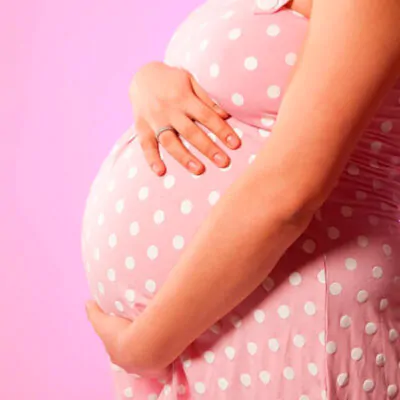




















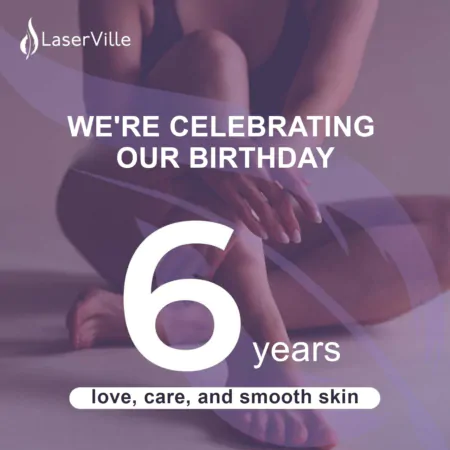
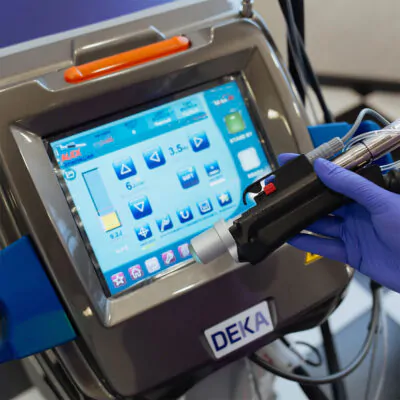


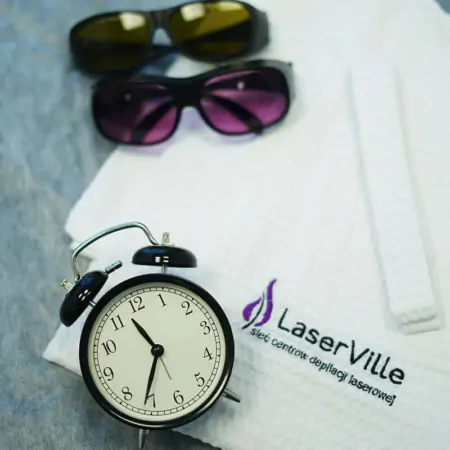

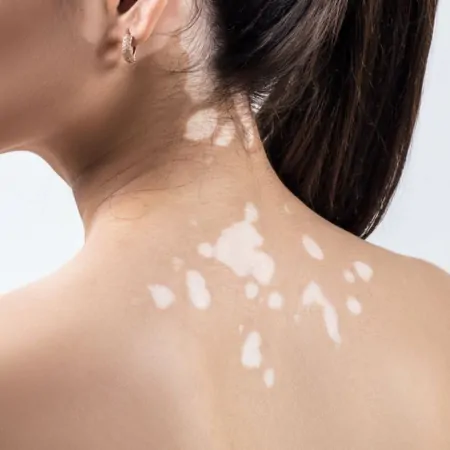


No reviews